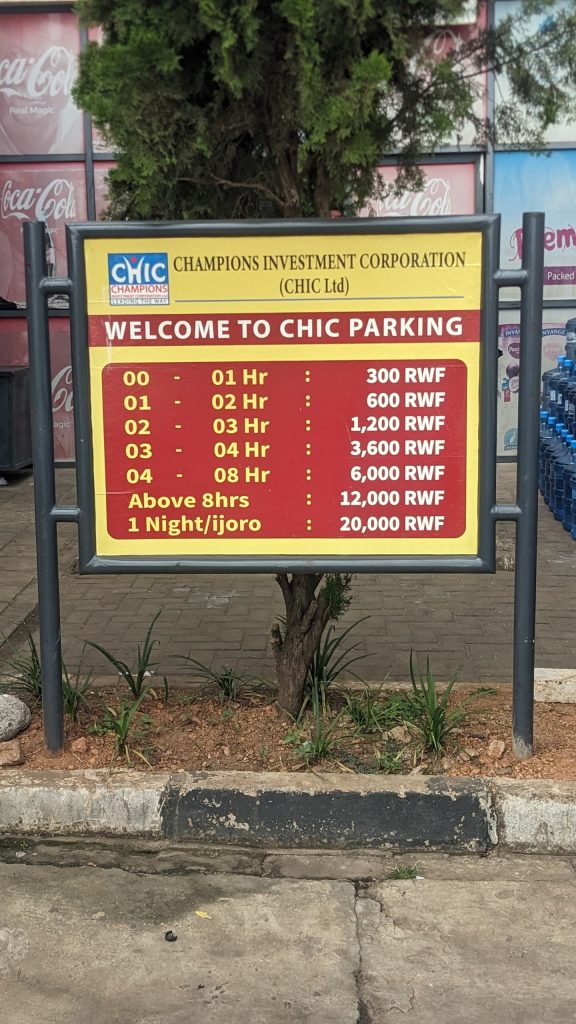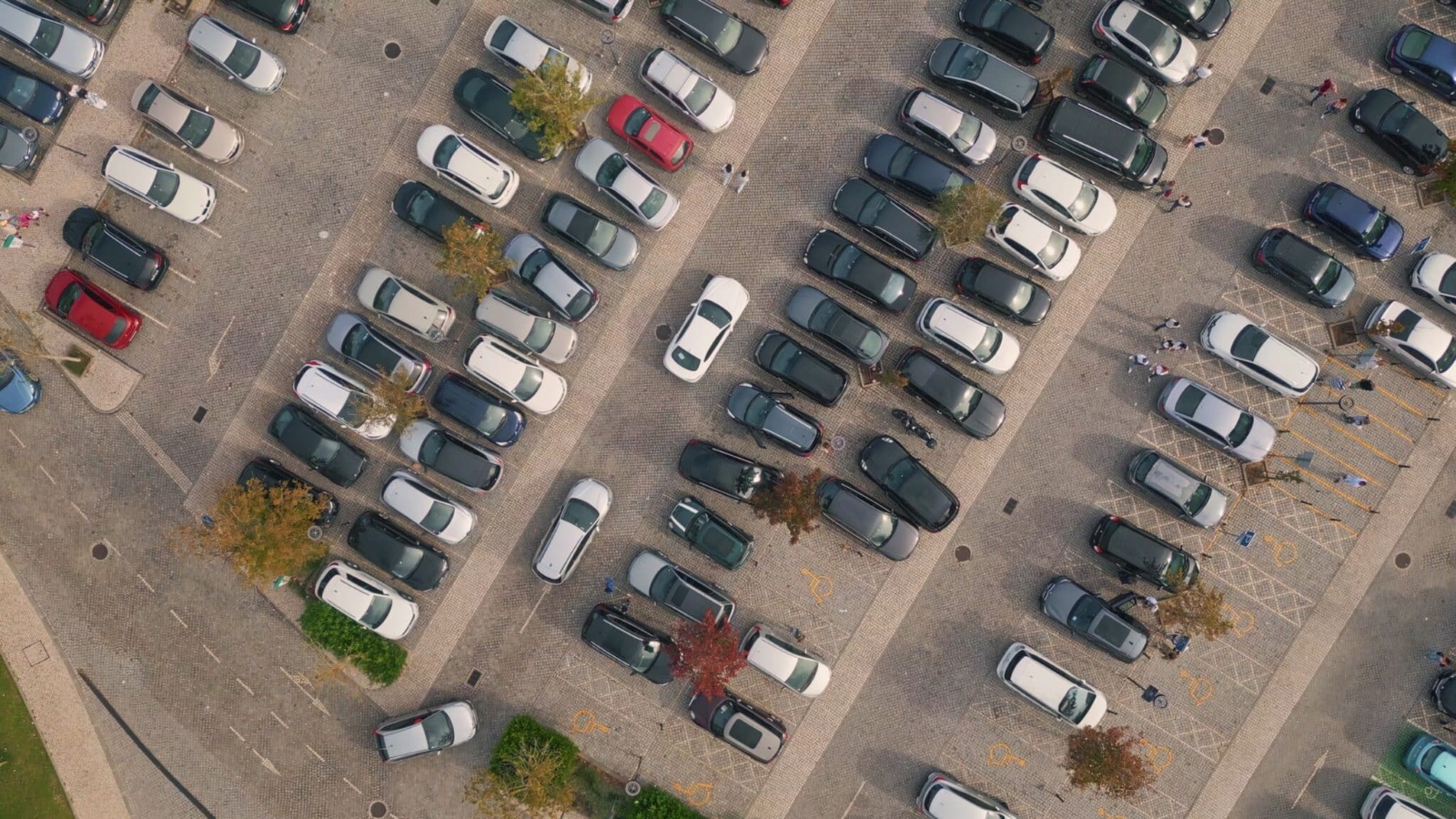It was a regular weekday in Kigali when I found myself moving in circles in the streets of the Central Business District, trying in vain to find a place to park. After nearly 20 minutes of driving in loops, frustration mounting with every turn, I finally squeezed into a tight spot a few blocks away from my destination. I’m far from the only one. In Rwanda’s rapidly developing capital, the struggle to find parking has become an everyday ordeal for many drivers.
As Kigali continues to grow, so does the number of vehicles on its roads. More Rwandans own and drive cars today than ever before, with current numbers and trends showing that there are more cars on the roads than there were a decade ago. What hasn’t kept pace is the city’s parking infrastructure. From Nyarutarama to Remera, drivers can be seen double parking, blocking entrances, or resorting to faraway lots simply to avoid the dreaded search. The problem is now more than just an inconvenience; it’s an urban issue demanding attention.

The roots of the problem
One major factor driving this issue is the rapid increase in private vehicle ownership. According to data, the number of vehicles in Rwanda more than quadrupled between 1999 and 2019, with Kigali absorbing most of the traffic. While this surge reflects positive economic growth and increasing accessibility, it also reveals a deepening mismatch between transportation trends and urban planning.
In many parts of the city, especially business hubs like downtown Kigali or Kimironko market, parking facilities are either limited, poorly managed, or simply nonexistent. Office buildings and malls often lack sufficient parking space, forcing car owners to seek alternatives that disrupt traffic or risk fines.
“Even when you find parking, the rates are high due to the high demand. So I’ve decided to park 7 minutes away from my workplace to cut the costs because the parking rates for the commercial building where I work are too much for me,” says Mucyo Kriss, a regular commuter who works in the city center.
“I have to plan for parking fees in my monthly budget.” Says Izere Antoine, who pays a monthly subscription for the parking.

Experts also cite poor land use planning as a contributor to the problem. Commercial buildings are often built with a small parking space compared to the number of people they are expected to accommodate. Kigali’s development pattern has also created zones where residential areas are far from commercial and industrial centers, increasing the reliance on private vehicles. This car-centric design has made parking a valuable and scarce commodity. Hence, leading to commercial building owners using it as a tool to gain more money.
Another factor? Kigali’s famously hilly terrain. Unlike flat cities where sprawling car parks are easier to construct, Kigali faces natural constraints that complicate infrastructure expansion.
Searching for solutions
The City of Kigali has acknowledged the issue and is actively exploring interventions. One proposed solution is the construction of dedicated parking complexes in strategic zones. These multi-level facilities could ease congestion in high-traffic areas while also creating a more organized and safer experience for drivers.
Technology, such as smart parking systems, has started to be used in different areas of the city. These parking systems use sensors and real-time data; such platforms guide drivers to available spots, dramatically reducing search time and emissions.
Public transportation is another vital piece of the puzzle. As Kigali continues to expand its bus system and explore additional mobility solutions like Bus Rapid Transit (BRT), reducing dependence on private cars could alleviate some of the pressure. Urban planners also suggest mixed-use development buildings that combine homes, offices, and shops to minimize the need for daily commutes altogether.
Lastly, city officials and planners are encouraging a shift toward non-motorized transportation. Investments in pedestrian walkways and cycling lanes not only promote healthier lifestyles but also reduce the overall number of vehicles on the road, making space for those who genuinely need to drive.
Kigali’s parking crisis is, in many ways, a sign of progress. It reveals a city on the move economically, socially, and structurally. But without timely intervention, what starts as a minor inconvenience could evolve into a major hindrance for businesses, residents, and visitors alike.
Solving the parking problem requires more than just finding space for cars; it means rethinking how Kigali moves, works, and lives. And for the thousands of Rwandans stuck in traffic looking for a place to park, that change can’t come soon enough.





